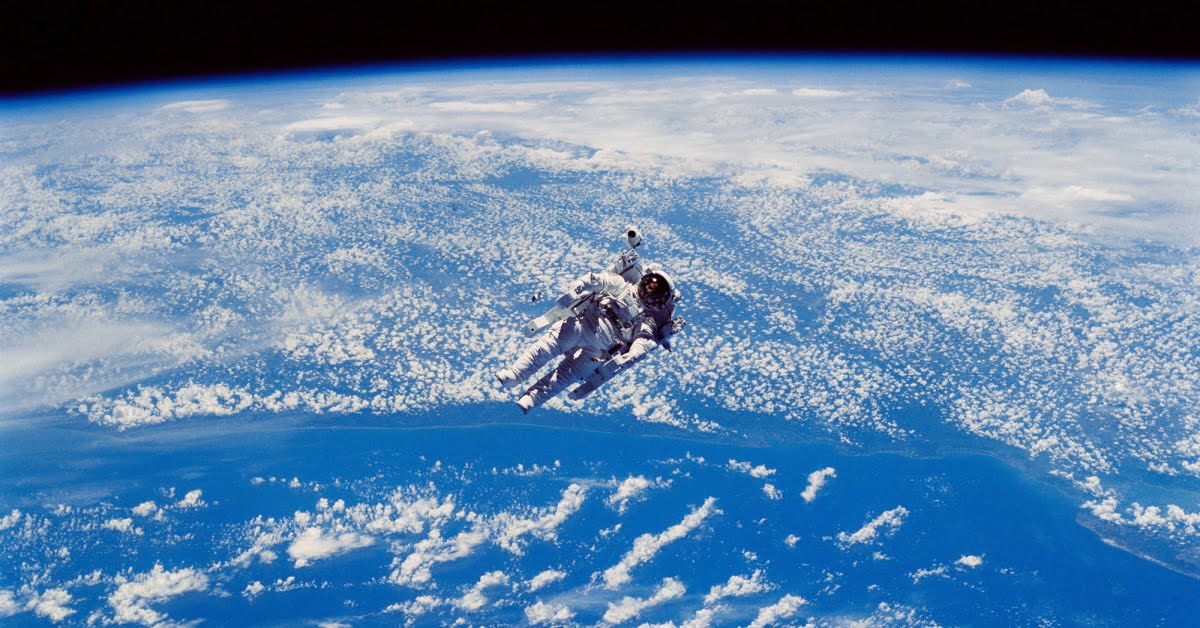In many action-packed films, you can see how the body of a person who finds himself in outer space without a special suit almost instantly explodes or freezes over. We checked how realistic these shots are from a scientific point of view.
In one of the most famous films on the topic of interplanetary flights - "2001: A Space Odyssey" (1968) - there is an episode in which astronaut Dave Bowman navigates a depressurized spacecraft for some time without a helmet and still remains alive. No less often in Hollywood cinema you can see the opposite extremes. IN "Foreign Land" (1981) people explode, at the end of the film "Total Recall" (1990) the characters' eyes pop out of their sockets, in "Missions to Mars" (2000) an astronaut who has taken off his helmet freezes, and in the action film "Through the Horizon" (1997) the hero begins to spew streams of blood. Let's try to figure out which of these scenes is closer to reality.
First, it is necessary to understand what outer space is like in terms of temperature. It is generally accepted that in space there is wild cold by human standards, comparable not even to the weather outside an airliner, but to absolute zero (–273 ° C). However, this is not entirely true. In thermodynamics, temperature is function thermal energy in a given amount of matter, and space, by definition, has no mass. In addition, heat transfer is carried out three ways (conduction, convection, radiation), however, in open space the first two of them are impossible, since the presence of matter is necessary for their implementation. As for the third method, thermal radiation, a person can feel a completely different temperature depending on whether he is in the field of direct sunlight or is located in the shade.
If we talk about a realistic situation (being in outer space near the ISS), then measurements from the TechEdSat satellite, rotating in a similar orbit, showed temperatures from –4 °C to +45 °C. The ISS body itself is capable of warming up to +260 °C and cooling to –100 °C, depending on the same Sun. The reason for this is the presence of gas around the station - the surrounding space at such a height cannot be called a complete vacuum, so convection will still occur, albeit to a limited extent. However, the human body can turn into a piece of ice so quickly can't.
How will such conditions affect a person who finds himself in space without a spacesuit? The main problem for him is not the temperature, but the lack of normal atmospheric pressure. In case of sudden decompression In a vacuum, the expansion of air can cause lung rupture and death if the air is not exhaled immediately. In addition, death can be called the fact that low environmental pressure reduces the boiling point of body fluids and initiates the formation of water vapor in venous blood and soft tissues. The direct consequences of this are gas embolism and blockage of blood vessels due to gas bubbles in the bloodstream. In this case, the blood itself will in no case boil, since the walls of the blood vessels will keep the pressure inside at a level sufficient to keep the body temperature below the boiling point, at least until the heart stops beating. Moreover, one cannot talk about an exploding (bursting) human body - even if an internal organ, that is, the lungs, ruptures, it will not be noticeable from the outside.
Data from animal experiments and statistics of training accidents testify that a person can live in a vacuum for about a minute (in an unconscious state), but not much longer. Widely known happening 1971, when Soviet cosmonauts Dobrovolsky, Patsayev and Volkov died after depressurization of the Soyuz-11 apparatus.

Huge number research is dedicated to how the human body protected by a spacesuit behaves in the long term, but this is a completely different story. As shown above, in space a person - at least in the first minutes - can neither explode nor freeze.
Not true
Read on topic:
1. The Human Body In Space: Distinguishing Fact From Fiction
If you find a spelling or grammatical error, please let us know by highlighting the error text and clicking Ctrl+Enter.






